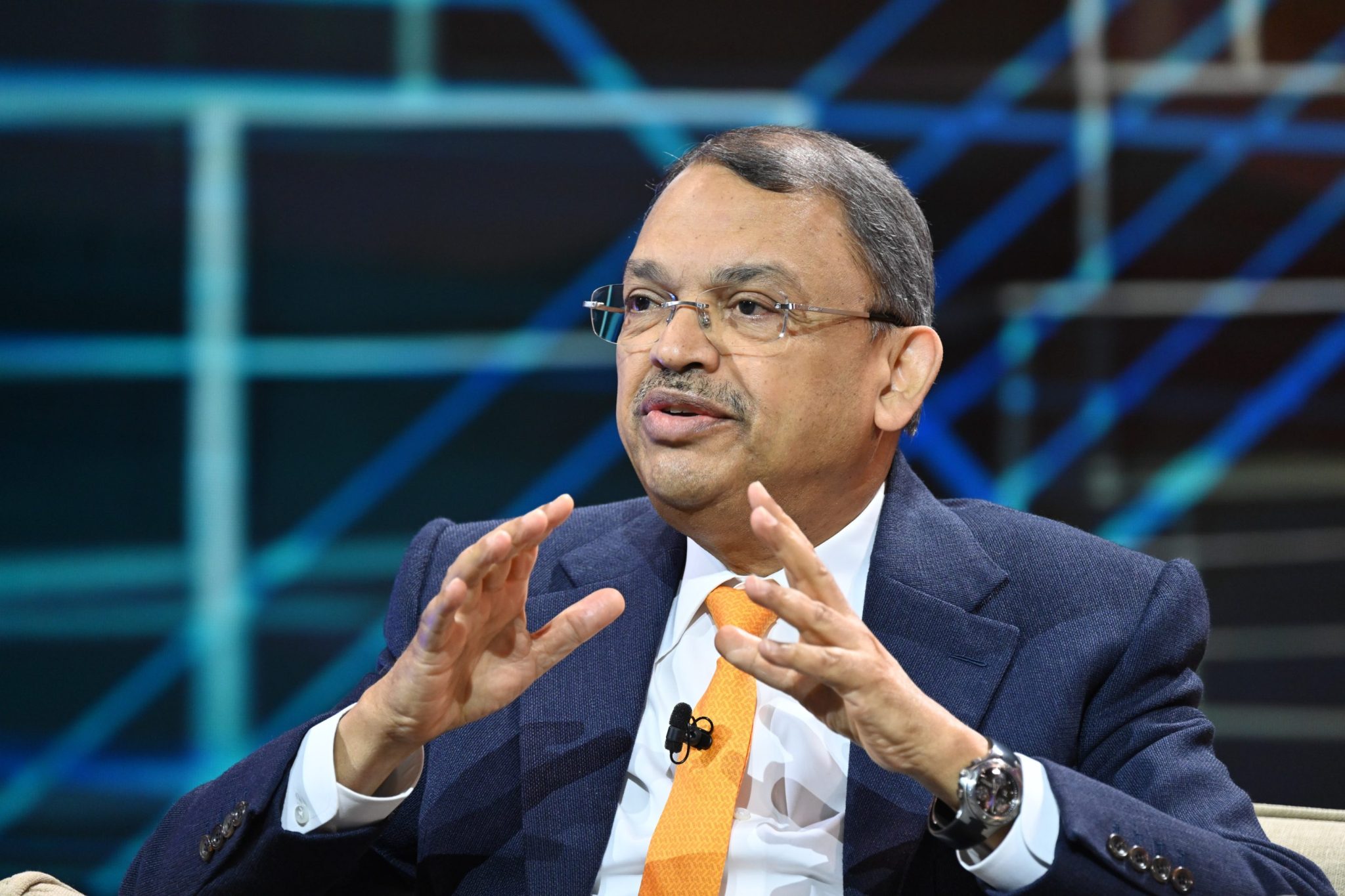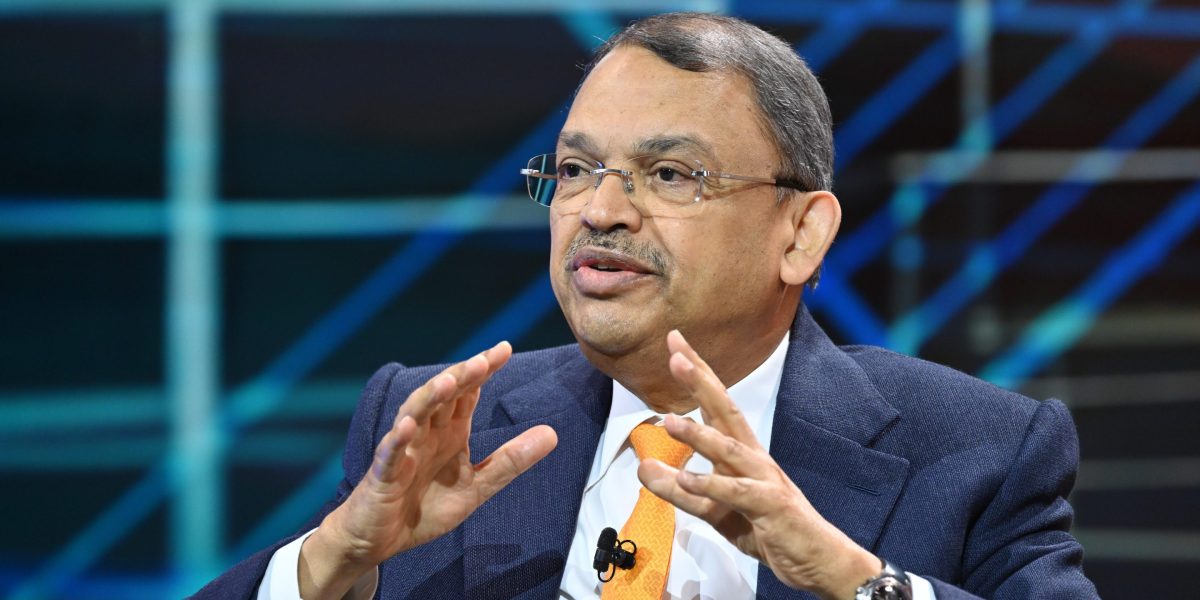
The world has a major supply gap when it comes to growing enough crops to sustain humanity—and innovations to mitigate it are being underinvested, global food experts say.
Factors weighing on the food supply chain include not producing enough calories to feed people, not enough land available to cultivate crops, greenhouse gas emissions from food production, lost biodiversity integral to agriculture, and a water shortage for agricultural use, according to Sunny Verghese, CEO of food and ag company Olam Group.
“We need about $4.5 trillion of investment in finding the next breakthroughs to find a sustainable food future,” Verghese said at the Fortune Global Forum in Saudi Arabia on Sunday. “We are not, in this point in time, making that investment.”
Ertharin Cousin, a former U.S. food and agriculture ambassador to the United Nations, thinks enough calories are being produced but said the problem is not enough nutritious calories are out there at the right price.
“There are 2.4 billion people today who can’t afford a diverse and nutritious diet because we don’t grow what is required to support the diet diversity to meet human health as well as to meet the environmental challenges of the food system of today,” she told Fortune’s Matt Heimer.
Despite their warnings, data from the U.S. Department of Agriculture shows that food insecurity will improve this year.
Its annual Global Food Assessment says per-capita income in 83 low- and middle-income countries will grow by 3.7% this year, while food price inflation in most of the monitored countries is expected to ease.
This means the number of food-insecure people this year is projected to drop by about 221 million people to 604 million people, or 13.5% of the world’s population.
But experts are still concerned about building a sustainable food supply chain for the future.
Verghese estimated the world requires 593 million hectares of land—which is equivalent to twice the size of India—every year for crop cultivation at current productivity growth rates to meet that challenge.
Cousin, who is CEO of FSF Ventures, a nonprofit focused on sustainable food business models, believes investments like AI will help spur productivity in land already used for cultivation.
The new tech, when paired with other innovations like biological tools and energy advancements to support production growth, will help create a “diversity of solutions” required to combat the world’s food shortage, she added. These are the investment opportunities Cousin’s organization is seeking.
“We have the responsibility of identifying the investment capital that is necessary to support the multi-sectoral investments that are required from farm to consumer that will change the food system in a way to make it more productive and make that food more affordable and available,” Cousin said.
 https://www.profitablecpmrate.com/nsirjwzb79?key=c706907e420c1171a8852e02ab2e6ea4
Skip to content
https://www.profitablecpmrate.com/nsirjwzb79?key=c706907e420c1171a8852e02ab2e6ea4
Skip to content 